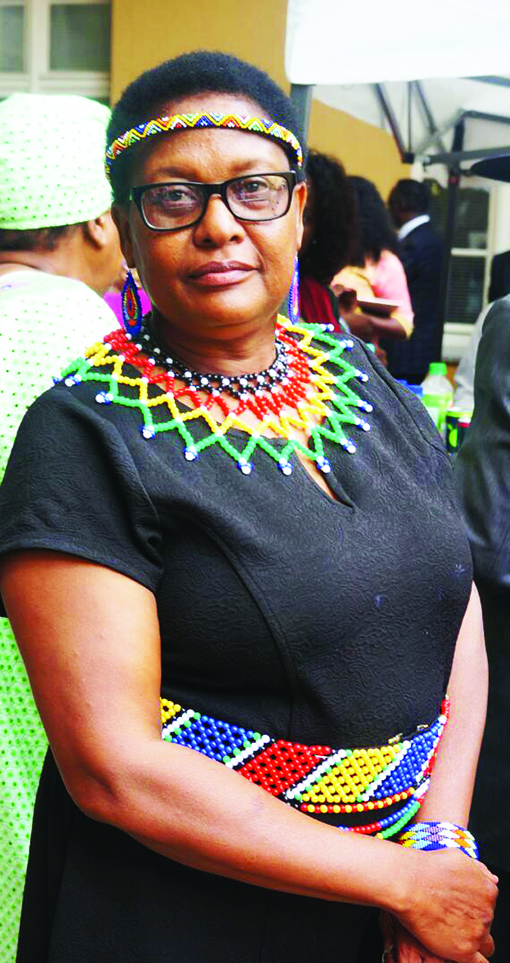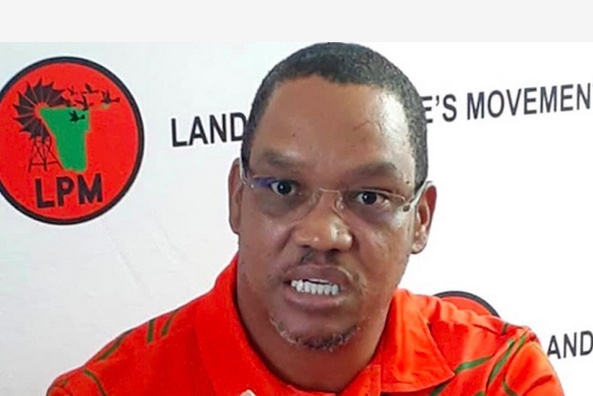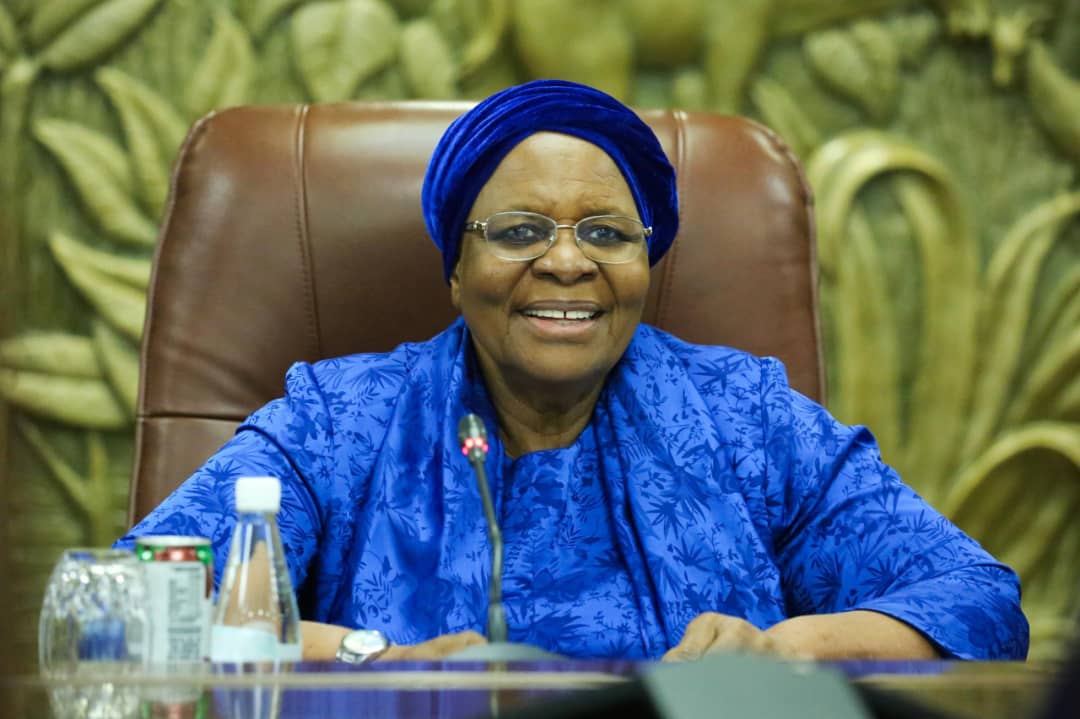…PDM’s Dienda proposes additional changes to marriage bill
Popular Democratic Movement (PDM) lawmaker Elma Dienda wants couples involving Namibians and foreigners to have a mandatory two-year relationship before they may get married.

Dienda last week contributed to the marriage bill, which was tabled by the government.
Minister of home affairs, immigration, safety and security Albert Kawana has tabled an amendment bill to replace the current Marriage Act 25 of 1961.
This bill clearly stipulates that spouses may only be from the opposite sex.
Dienda wants the bill to add that a relationship of at least two years is mandatory before a valid marriage between a Namibian and “a foreigner” may take place.
This should be added under Section 32 on good faith marriages, she said.
“To reduce the incidence of marriages of convenience . . . A two-year demonstrated relationship period would show genuine intent and commitment,” she said.
‘SCAMMING’
The chief whip said there have been cases of individuals “scamming” Namibians for marriage certificates to obtain citizenship.
“During the time of [Frans] Kapofi and Pendukeni Iivula-Ithana [as home affairs ministers], I stated almost 10 cases of women who got married to foreigners who just paid them N$10 000. “So they can get citizenship, they get married to each other,” Dienda said.
However, these individuals often do not follow through with the deal and go missing, she said.
“And then the person promised to pay them every month, disappear with the certificate after the marriage.
“These poor women are afraid to come out to the minister, because this is fraud,” she said.
The Ministry of Home Affairs, Immigration, Safety and Security in 2020 announced the investigation of 70 cases of alleged sham marriages between Namibians and foreign nationals. Of this number, 10 were already concluded at the time and arrests were made.
Citizens of Zimbabwe, Nigeria, Pakistan and especially Egypt made up the majority of perpetrators, targeting mostly women between the ages of 25 and 40 to obtain permanent residence in Namibia, Dienda said.
She said foreigners should only get married according to Namibian law.
“This ensures that the legal standards and cultural values of Namibia are upheld,” Dienda said.
DIVORCE
She said couples involving a Namibian and a foreigner should remain married for two to five years before they are allowed to get divorced.
“After two years, this foreigner decides I want a divorce, I do not want to be in this marriage any more. Can we not put a clause here that these foreign marriages must last at least two or five years?” she asked.
‘XENOPHOBIC’
Political analyst Henning Melber says Dienda’s proposal reeks of xenophobia.

“I would welcome it if the honourable members of parliament would at times be less eager in displaying tendencies of discrimination smacking of xenophobia,” he says.
He says in many countries the state vets marriages to some degree to allow foreigners to reside in their partner’s country.
“But these precautionary measures can take very different forms and remain to a large extent moderate to not intervene unduly in the private sphere of individuals.
“They are entitled to respect for and the protection of their privacy,” he says.
Melber says Dienda’s proposal is unrealistic if not absurd. He accepts a minimum vetting requirement, saying it may be justified to reduce the risk of abuse.
“The principle of equal treatment before the law should remain respected to a large degree. If couples with different citizen statuses get married, a consultation in advance should be sufficient, which requires them to submit certain evidence regarding to sincerity,” he says.
He says Dienda’s suggestion hinges on discrimination.
“What would she say if any Namibian citizen who wants to marry a citizen of another country would have to be on probation for two years?” he asks.
Former deputy minister Rebecca Ndjoze-Ojo says not all Namibian-foreign marriages are for convenience. Ndjoze-Ojo has been married to a Nigerian national for 40 years.
“My husband is a Nigerian. He has a residential permit. He has not adopted Namibian citizenship. It is not for Namibian citizenship that he got married to me.
“So I do not want every foreign marriage to be interpreted and misinterpreted as being married for citizenship,” she says.
Ndjoze-Ojo says there are, however, instances of the process being abused.
‘BUSINESS’
“In the past few years, I have noticed that there is a tendency that Namibian women are used as pawns in the game of marriage for convenience . . . It has become a business,” she says.
“For example: I want to buy a farm, but I cannot do so unless I am married to a Namibian in community of property. So, I will pay you money, then you give me that certificate, and I use it for whatever I want,” the former deputy minister says.
‘AMEND DEFINITIONS’
Deputy minister of health and social services Esther Muinjangue has told Kawana to include the definition of social workers and their work in the act.
“Even when all is well and rosy, they should provide enrichment programmes to enrich and strengthen the marital relationship. When this is not okay and the couple experiences challenges, social workers could intervene by providing counselling and psychosocial therapy,” she said in the parliament.
Regarding the age of consent, the deputy minister said anyone under the age of 21 years requires the consent of their parents or guardian to enter into a marriage – unless that person has been married previously.
“Would the marriage bill align with the above?” she asked.
Stay informed with The Namibian – your source for credible journalism. Get in-depth reporting and opinions for
only N$85 a month. Invest in journalism, invest in democracy –
Subscribe Now!










